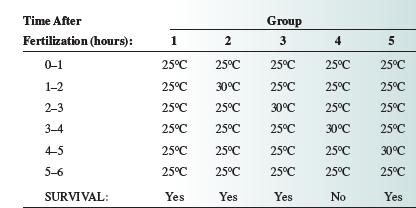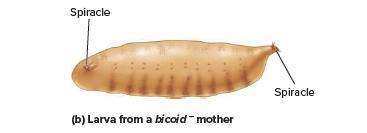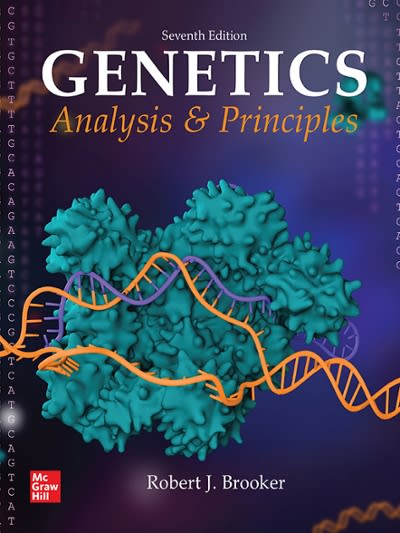Mutations in genes that control the early stages of development are often lethal (e.g., see Figure 26.7b).
Question:
Mutations in genes that control the early stages of development are often lethal (e.g., see Figure 26.7b). To circumvent this problem in studies of early development, developmental geneticists may try to isolate temperature-sensitive developmental mutants, or ts alleles. If an embryo carries a ts allele, it will develop correctly at the permissive temperature (e.g., 25°C) but will fail to develop if incubated at the nonpermissive temperature (e.g., 30°C). In most cases, ts alleles result from missense mutations that slightly alter the amino acid sequence of a protein, causing a change in its structure that prevents it from working properly at the nonpermissive temperature. In research, ts alleles are particularly useful because they can provide insight regarding the stage of development when the protein encoded by the gene is necessary.
Researchers can take groups of embryos that carry a ts allele and expose them to the permissive or nonpermissive temperature at different stages of development. In the experiment whose results are presented next, embryos were divided into five groups and exposed to the permissive or nonpermissive temperature at different times after fertilization.

Figure 26.7b:

Step by Step Answer:






